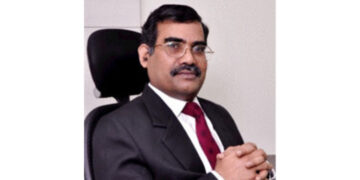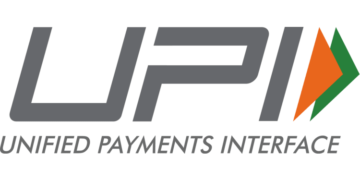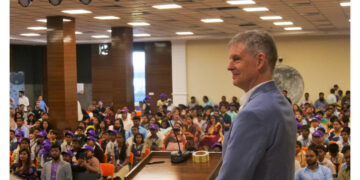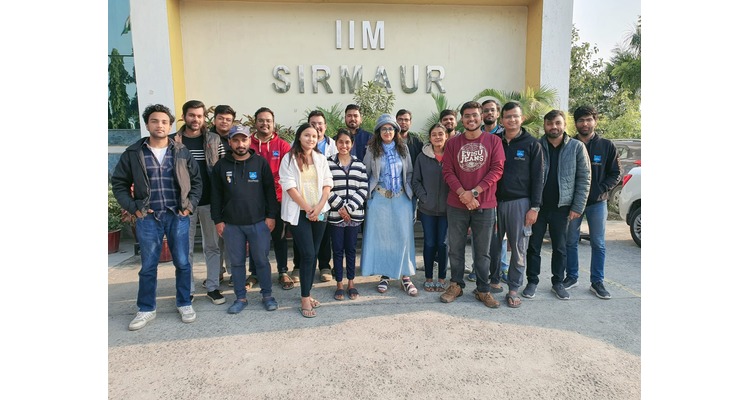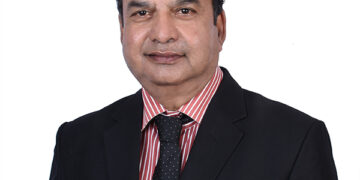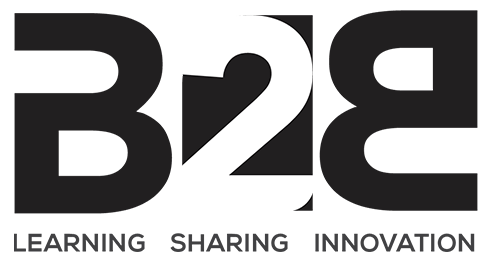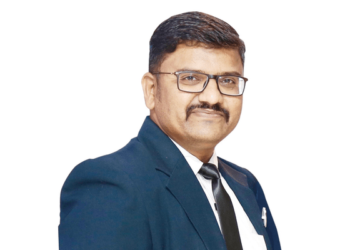The government on Friday officially notified changes to the Information Technology Rules of 2021, paving the way for the setting up of one or more centrally appointed grievance appellate committees (GACs).
“The Central Government shall, by notification, establish one or more Grievance Appellate Committees within three months from the date of commencement of the Information Technology (Intermediary Guidelines and Digital Media Ethics Code) Amendment Rules, 2022,” the notification said.
The idea behind setting up of the committees is to give users of social media platforms, including Facebook and Twitter, recourse – other than approaching the courts – to settle complaints.
The Information Technology (Intermediary Guidelines and Digital Media Ethics Code) Amendment Rules, 2022, provide a shorter timeline of 24 hours to act on sensitive content, and require significant social media intermediaries to “respect all the rights accorded to the citizens under the Constitution, including in Articles 14, 19 and 21.”
They also give a breather to intermediaries on some aspects, such as due diligence.
Commenting on the amended rules, Union IT minister Ashwini Vaishnaw said the “privacy policy and user agreements of intermediary” would now be made available in all the official Indian languages and would “empower users”.
Minister of State for Electronics and IT Rajeev Chandrasekhar said the rules were the “next step” in the government’s duty to ensure an “open, safe, trusted and accountable” internet for all digital citizens.
ET reported on Friday that the Ministry of Electronics and Information Technology was likely to notify the IT Rules in the next few days.
Criticism from advocacy groups
The government will go ahead with its plan to put in place government-appointed GACs within three months of the notification, ET had said.
The move, however, drew sharp criticism from public policy and advocacy groups.
A centrally appointed GAC means the government has “control over content moderation decisions by social media companies,” they said.
The GAC “is essentially a government censorship body that would hear appeals against the decisions of social media platforms to remove content or not, thus making bureaucrats arbiters of our online free speech,” said advocacy group Internet Freedom Foundation in a series of tweets.
“This will incentivise platforms to remove/suppress any speech unpalatable to the government or those exerting political pressure and increase government control and power since the government will be effectively able to also decide what content must be displayed by platforms,” the Foundation added.
Some experts welcomed the move to establish GACs but pointed out that it would be difficult for the government to “adequately staff” these committees.
“In addition, in order to keep the volume of appeals made to such committees within reasonable standards, the government should prescribe specific parameters which would entitle a user to appeal against the grievance redressal officer,” said Hirak Mukhopadhyay, principal associate at law firm Khaitan & Co.
The proposed amendments to the IT Rules were first released for public consultation in June.
Some relief
The rules, however, provide some relief to social media intermediaries.
While the IT Rules of 2021 mandated that social media intermediaries would be responsible for informing users not “to host, display, upload, modify, publish, transmit, store, update or share any information” not permitted under the law, the amended rules only say that intermediaries should take “all reasonable measures” to inform users of these rules.
“This means that the mandate is not a pre-condition for availing safe harbour and platforms are only required to take steps to obviate publication of harmful content on a best-effort basis,” said Kazim Rizvi, founder of public policy advocacy group The Dialogue. “As technology expands and the nature of online harms diversify, it is essential to ensure adequate accountability from the intermediaries to keep their platforms safe.”
The GACs shall consist of one chairperson and two whole-time members appointed by the government. Of these, one member shall be ex-officio, while the other two shall be independent members, the notification read.
“Any person aggrieved by a decision of the Grievance Officer may prefer an appeal to the Grievance Appellate Committee within a period of thirty days from the date of receipt of communication from the Grievance Officer,” as per the notification.





